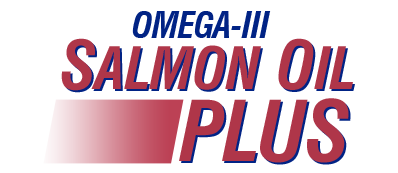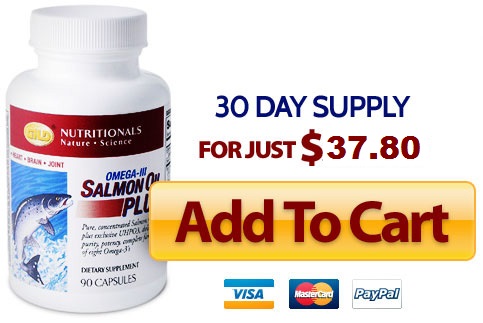Natural Source Omega 3 for Better Health
But just because a product says it contains natural source omega 3, doesn’t necessarily mean the ingredients are “natural” for you.
You see, there’s more to “natural” than just the fact that it comes from nature. Things like rhododendron leaves and motor oil are natural, and yet it’s unnatural and even dangerous for people to eat them.
You’ve heard they’re good for you, but without proper understanding you can easily fall prey to slick advertising and end up with something that’s unnatural for human consumption.
When you were a child you probably learned not to eat leaves and motor oil, but they forgot to tell you about perilla, flax, algae and krill.
Flax Oil
Flax oil contains only ALA – one of the eight omega 3 fatty acids. It has absolutely no DHA, EPA or DPA, the three long-chain fatty acids proven by research to make the most difference. Research consistently shows that fish oil is far superior and that you can only convert around 2% of ALA from flax into the other fatty acids.
Flax oil is traditionally used to make things like furniture polish and linoleum flooring and considered by many to be inedible by humans.
Perilla Oil
Here’s another ALA-only product that’s very similar to flax. Perilla has no long-chain fatty acids and is also traditionally used to make paints, varnishes, printing inks, lacquers and linoleum flooring. Interestingly, another use is as an artificial sweetener.
Phytoplankton (Algae)
Marketed as a “renewable” ingredient (because they can grow it in a laboratory), phytoplankton is actually the very bottom of the food chain. Although it contains a small amount of fatty acids, you couldn’t possibly consume enough to make any difference.
The only place for you to get the proper balance of fatty acids is from the fish that eat the zooplankton that eat the phytoplankton. This is why it’s called a food chain.
Krill
Speaking of zooplankton, some companies sell fatty acids from krill, which is part of the diet of larger fish. Krill is a zooplankton that eats phytoplankton – there’s that food chain thing again!
Besides being low on the food chain and having never been a human food, krill is also known to have high levels of fluoride and cause diarrhea for some people.
Fish oil
Oily fish, specifically salmon, tuna, sardines, anchovies and herring, are all natural and highly beneficial food for humans. These fish have already converted the ALA and phytoplankton, which are hard for us to convert, into the long-chain fatty acids that are then readily available to us.
And naturally speaking, we’re at the top of this food chain. So it only makes good common sense for us to get our long-chain fatty acids from these fish and from a high quality salmon oil supplement like Salmon Oil Plus.
Our Guarantee – We offer a 100% money-back guarantee, no questions asked.
Simply return the original bottle for an exchange or full refund.
Would You Like More Information?
Call us toll-free at (888) 508-1234 to order today or Order Online

HWW Enterprise Group
353 Carolina Mtn. Dr. #188
Franklin, NC 28734
Email: bewell@havegoodhealth.net



